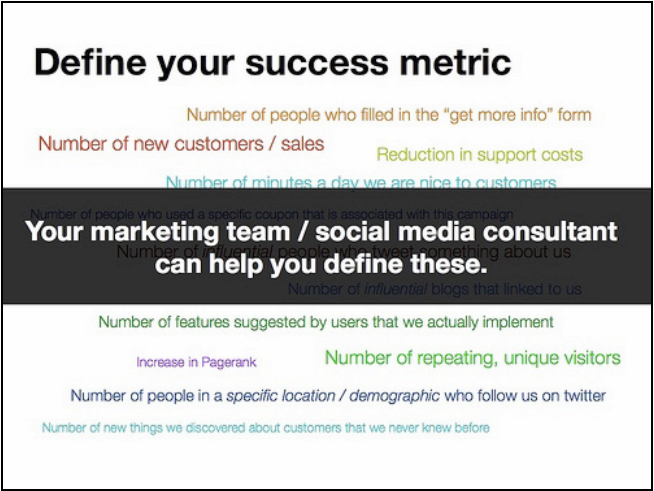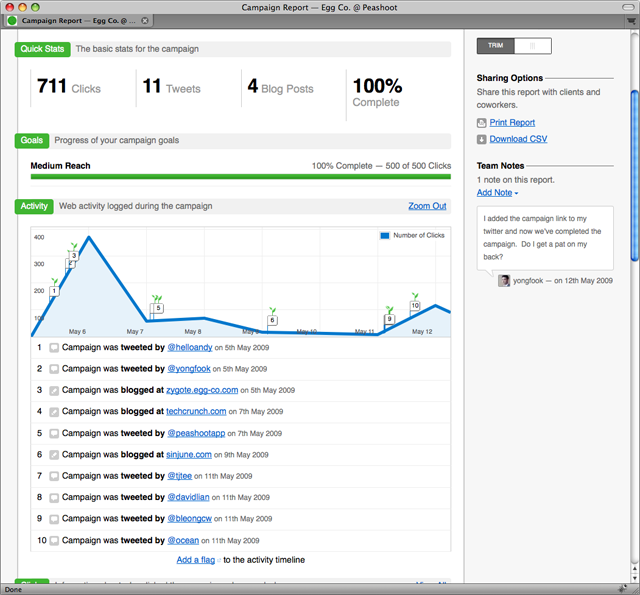So You Want To Make The Next “Big” Website?
Believe it or not, even today, it’s possible to make a website TODAY, that will someday compete with Facebook, YouTube, etc.
As you have probably have heard multiple times, there is no secret formula to the success of these huge sites. However, there are a few common characteristics of their founders and stories. An idea is the starting point, but a unique idea that makes your site better than another person’s is the idea that will succeed. Then, executing the idea takes persistence and patience. The part that many people often leave out is timing, timing is everything. What makes the web so special and unique, is that it is constantly changing. Whatever is successful today, may not be successful tomorrow. Emerging technology forces web companies to code newer and more efficient tools on the web. The time that your startup site enters the web is crucial to it success because of these new tools, making or breaking a success story. This is unlike other industries/careers, such as doctors and lawyers because for the most part, the tools that made you a successful lawyer ten years ago, will most likely make you a successful lawyer today. (Not saying that lawyers or doctors aren’t great professions, that’s not true, they are very dedicated people.)
Back on the “Big” website idea, basically, if you focus on strategy (long term) instead of tactics (easily mastered in short term), then you will have a higher probability of developing successful website. Having a passion for your idea will allow you to outlast your competitors when they get bored. But ultimately, the reality is that it takes years for sites to go “big”. If it really is that idea that has been brewing inside your head for months, that idea that you know will take you to great heights, just don’t have you or the idea saying: “Please, please, don’t leave me.”
This post was inspired by Seth Godin’s post on The Secret of the Web.





